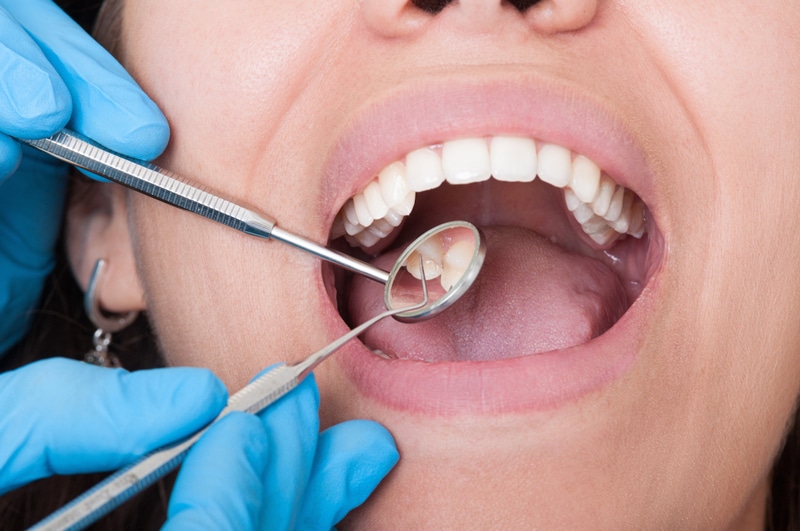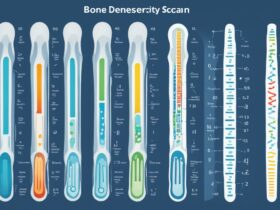Contents
Brushing Techniques and Tips
To ensure effective brushing, it is important to choose the right toothbrush and toothpaste. Dentists recommend using a soft-bristled brush and fluoride toothpaste. Brush your teeth using gentle circular motions, focusing on each tooth’s surface, and don’t forget to clean your tongue as well. Aim to brush your teeth at least twice a day for two minutes each time.Importance of Regular Dental Check-ups
Regular dental check-ups are vital for maintaining good oral health. Dentists can perform professional cleanings to remove plaque and tartar buildup that cannot be eliminated through regular brushing and flossing alone. Additionally, dental check-ups enable early detection and prevention of dental issues, saving you from more extensive and costly treatments in the future. These visits also include oral cancer screenings, which can help detect potential problems early.Healthy Eating Habits for Dental Health
Your diet plays a significant role in dental health. To protect your teeth, limit your consumption of sugary and acidic foods and beverages. These can contribute to tooth decay and erosion. Instead, opt for a balanced diet rich in fruits, vegetables, whole grains, and lean proteins. Certain foods like apples, carrots, and cheese can even promote oral health by stimulating saliva production or providing essential nutrients.Best Practices for Teeth Whitening
Having a bright smile is desirable for many individuals. When considering teeth whitening, it is essential to understand the available options and their safety. Professional teeth whitening treatments performed by dentists offer reliable and predictable results. At-home whitening methods, such as whitening strips or trays, can be effective as well, but it’s important to follow the instructions carefully. If you prefer natural remedies, options like baking soda or hydrogen peroxide can provide mild whitening effects, but consult your dentist before use. It’s crucial to be aware of the potential risks and limitations of teeth whitening methods.Tips for Proper Denture Care
If you wear dentures, it’s important to establish a daily cleaning routine. Remove and clean your dentures thoroughly using a denture brush and mild cleanser. Avoid using hot water as it may warp the dentures. When not wearing them, store the dentures in a denture-cleaning solution or plain water. Regular check-ups with a denturist are also important to ensure the dentures fit properly and to address any concerns or adjustments needed.The Role of Fluoride in Dental Health
Fluoride is a mineral that helps prevent tooth decay by strengthening the enamel. Most toothpaste and mouthwash products contain fluoride, which helps protect your teeth from cavities. Some individuals may require additional fluoride treatments, especially children, those with a history of cavities, or individuals with weakened enamel. Consult with your dentist to determine the appropriate fluoride regimen for your specific needs.Managing Dental Anxiety
Dental anxiety is a common concern for many individuals, which can prevent them from seeking necessary dental care. Understanding the causes of dental anxiety is crucial to finding effective coping strategies. Techniques such as deep breathing exercises, listening to calming music, or using distraction techniques like watching TV during dental procedures can help alleviate anxiety. Openly communicating your fears and concerns with your dentist can also contribute to a more relaxed and comfortable experience.Protecting Teeth During Physical Activities
Engaging in physical activities such as sports or recreational hobbies can put your teeth at risk of injury. To protect your teeth from potential trauma, it is advisable to wear a mouthguard. Custom-fitted mouthguards offer the best protection as they are designed specifically for your mouth. While over-the-counter options are available, they may not provide an ideal fit or level of protection. Therefore, consider investing in a custom mouthguard for optimal dental protection.Dental Care for Children
Teaching children proper dental care habits from an early age sets them up for a lifetime of oral health. Parents should encourage regular brushing, assist with flossing until the child develops the necessary skills, and schedule their first dental visit around their first birthday. Pediatric dentists specialize in addressing the unique dental needs of children, including prevention, early intervention, and creating a positive dental experience.Conclusion
Maintaining proper dental care is essential for a healthy smile and overall well-being. By following these ten tips, including practicing effective brushing techniques, attending regular dental check-ups, adopting healthy eating habits, and protecting your teeth during physical activities, you can ensure optimal oral health. Remember, a healthy mouth contributes to a healthier body.5 น้ำยาบ้วนปากแบรนด์ดัง ดูแลช่องปากและฟัน สะอาด มั่นใจ ลดปัญหาช่องปาก สูตรไหนปัง?
Is Drinking Vitamin Water Bad for Dental Health?
While many people think vitamin water is a healthier alternative to sports drinks, there is concern about its impact on dental health. The vitamin water vs sports drinks comparison reveals that both contain sugars and acids that can lead to tooth decay. Therefore, it is advisable to consume these beverages in moderation and maintain proper oral hygiene practices to safeguard dental health.










